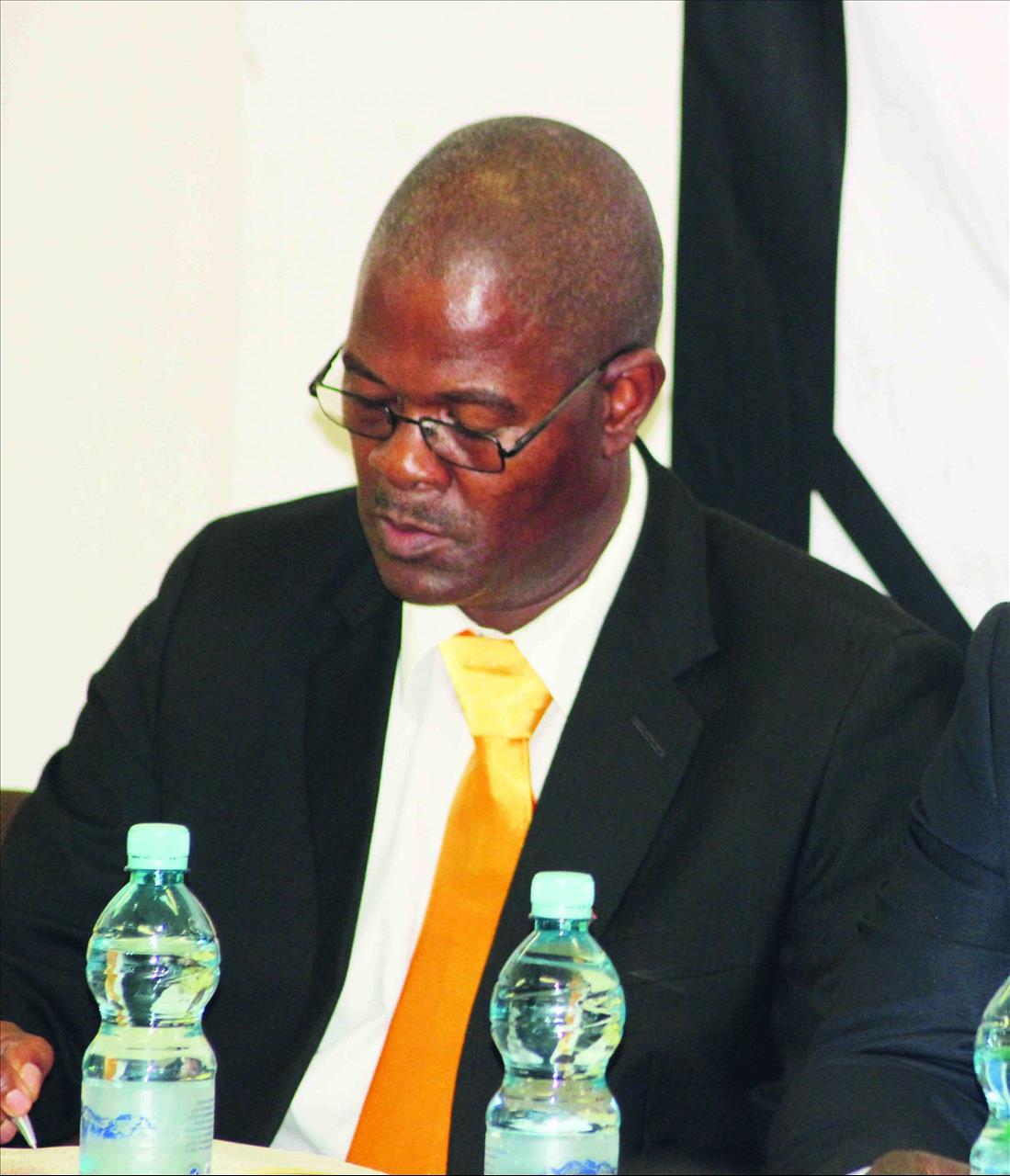
Low-key budget for Lesotho
(MENAFN- The Post) MASERU -FINANCE Minister Thabo Sophonea presented a low-key budget of M23.8 billion that painted a gloomy economic picture in the wake of the Covid-19 pandemic.
Sophonea said the economy is expected to shrink by 5.8 percent in the 2020/21 financial year before rebounding by an average 4.7 percent in the short-term.
He said that growth will be spurred by recovery in agriculture, mining, manufacturing and construction. Increase in crop production and livestock will anchor agriculture's recovery.
The mining sector which contracted 15.1 percent in the current financial year is expected to grow by 6.4 percent on the back of anticipated recoveries of high-grade gem diamonds, rise in production and prices.
The manufacturing sector which declined because of the Covid-19 pandemic is expected to grow 4.6 percent, supported by the rollout of the vaccine and increased demand in the main major markets.
The minister said the government expects to resume most of the construction projects deferred to fund the Covid-19 response. Private construction projects which have been affected by the lockdowns will also register strong recovery.
Annual inflation is projected to be around 4.1 percent, driven by increases in prices of food, non-alcoholic beverages, clothing and footwear.
Sophonea said revenue collection will slowly recover as a result of the post Covid-19 interventions. Revenue from the SACU is however expected to remain in decline.
He said the government is working 'tirelessly' to mitigate the impact of the pandemic on the livelihoods while laying a path to recovery.
The government will prioritise the health sector to mitigate the impact of the pandemic, he said.
He said Lesotho will buy subsidized vaccines under the COVAX Facility Advanced Market Agreement. Those vaccines will be enough for 20 percent of the population.
He said the recovery will be based on three pillars. The first is 'effectively and decisively' dealing with the pandemic to reduce infections and deaths.
The second is secure macroeconomic stability to support sustainable and inclusive growth. This, he said, will be premised on sustainable fiscal deficit, maintaining sound external balances and ensuring low and stable inflation.
The third pillar will be an agile economic policy framework that allocated resources towards investments with high returns. The minister however said nothing about salary increase for civil servants.
Other inventions:
l Increase economic productivity, develop private sector, and increase jobs through a private sector led employment creation by empowering indigenous Basotho entrepreneurs and continuous improvement of the investment climate.
l Amend a number of policies and laws that will facilitate the development of the private sector.
l Incubation in selected sectors so that they can also participate in international markets effectively.
l Focus efforts and investments in agriculture, manufacturing, tourism and mining.
l Increase agricultural production and scale up commercialisation efforts by broadening the scope of existing programmes financed by the World Bank, IFAD, African Development Bank, FAO and other partners.
l Develop value chains in partnership with the private sector for horticulture, leather, wool and mohair as well as spices and essential oils just to mention the first mover industries.
l Finalise a M50 million financing facility for tractors and other agricultural machinery.
l Promote community level gravity fed irrigation projects, short cycle livestock and food processing projects and consolidate research efforts on selected products to improve productivity.
l Promote diversification of the manufacturing sector through investments in agro-processing and promotion of access to new markets.
l Finalise and implement the special economic zones policy to pave the way for pipeline agro-pole projects, including off-shoots from the economic lab process and agro-industrial projects promoted by LNDC and BEDCO.
l Create investments for well-planned residential housing and allied services in and around the industrial park.
l Promoting artisanal mining, improving regulatory framework for the mining sector and promoting inter-sectoral linkages and mining beneficiation.
l Enhance the mining tax code in line with international best practices to ensure equitable distribution of benefits.
l Promote investments in e-governance and digital transformation, maintenance of existing infrastructure, especially roads and bridges, ensure sustainable access to safe and adequate water supply and sanitation for households and industries and promote energy accessibility by households and industries.
l Review the current programming of resources to create space for quality and equitable e-education.
lEnhance capacity of regional hospitals with the requisite workforce, equipment, and other resources to cope with increasing demands on the health system.
l Facilitate the implementation of the national reforms and ensure that strong public and constitutional institutions are established or strengthened to ensure accountability, protection of human rights, to restore trust and confidence of the people and to fight corruption.
l Implement the public sector reforms by ensuring delivery of services to the public effectively
l Subsidise agricultural inputs.
l Promote climate smart agriculture for both livestock and crop farmers.
Staff Reporter
Like this:Like Loading...
Legal Disclaimer:
MENAFN provides the
information “as is” without warranty of any kind. We do not accept
any responsibility or liability for the accuracy, content, images,
videos, licenses, completeness, legality, or reliability of the information
contained in this article. If you have any complaints or copyright
issues related to this article, kindly contact the provider above.

















Comments
No comment